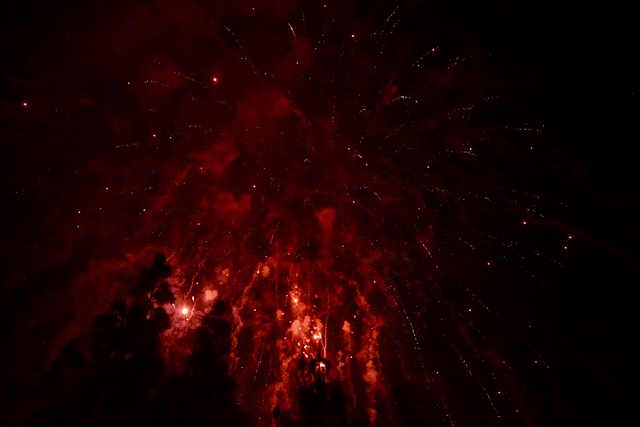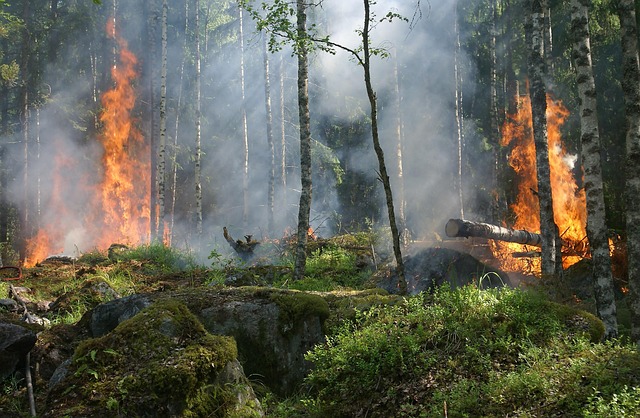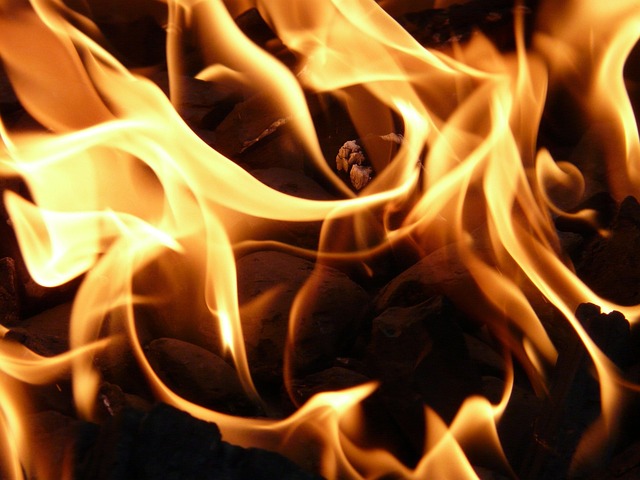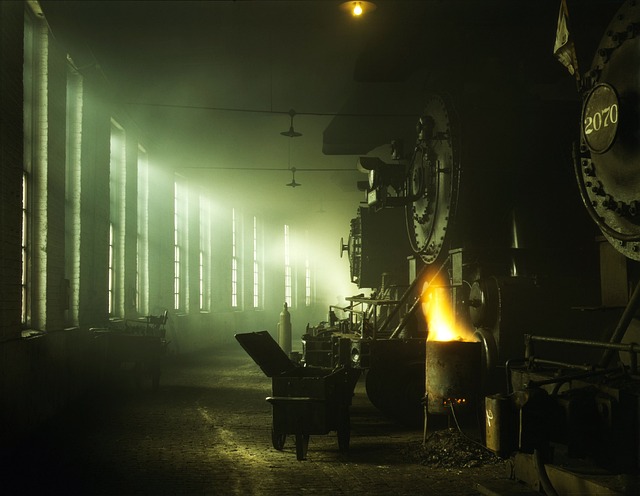Chicago's real estate market includes a significant segment of fire-damaged homes, which are sold under strict city regulations to ensure safety and transparency. Homeowners must disclose damage, adhere to building codes, and obtain certificates of compliance from building inspectors. Collaborations between agencies like DBE and CFD help maintain housing standards. Selling these properties requires strategic marketing, professional assessments, and access to resources like City of Chicago guidance and community support organizations. Key SEO keywords: selling fire damaged homes Chicago.
Chicago’s housing market, known for its diverse neighborhoods, faces unique challenges, especially regarding fire-damaged properties. This article delves into the city’s stringent regulations surrounding these issues, offering a comprehensive guide for homeowners and potential buyers. From understanding the local property laws to navigating repair processes, we explore the permitted activities when selling fire-damaged homes in Chicago. Additionally, we highlight resources available to assist owners in adhering to these regulations, ensuring a smoother transition during the repair and resale process.
- Understanding Chicago's Housing Market: A Quick Overview
- Fire Damage and Property Regulations: The Legal Perspective
- Selling Fire-Damaged Homes: Permitted Activities
- Who Enforces Chicago's Housing Standards?
- Common Challenges in Navigating Repair and Resale
- Resources for Homeowners: Getting Help with Chicago Housing Regulations
Understanding Chicago's Housing Market: A Quick Overview

Chicago, known for its vibrant architecture and diverse neighborhoods, has a unique housing market that attracts both local buyers and out-of-state investors. When it comes to selling fire damaged homes Chicago has specific regulations in place to ensure safety and fair practices. The city’s real estate landscape is characterized by a mix of historic properties and modern developments, with a significant number of single-family homes, condominiums, and apartments available.
One notable aspect is the presence of fire-damaged properties, which can be a significant part of the market. Selling fire damaged homes in Chicago requires compliance with strict building codes and safety standards. These regulations are designed to prevent the spread of hazards and ensure that any repaired or renovated homes meet the required safety levels. This process involves thorough inspections, meticulous renovations, and adherence to local zoning laws, making it a specialized segment within the broader Chicago housing market.
Fire Damage and Property Regulations: The Legal Perspective

In Chicago, fire damage to a property presents unique legal considerations for both homeowners and potential buyers. When a home sustains significant fire damage, it’s essential to understand the local regulations regarding its sale. Selling fire-damaged homes in Chicago involves adhering to specific guidelines aimed at ensuring safety and transparency. These regulations require thorough inspections to assess structural integrity and potential hazards before a property can be listed for sale.
The legal perspective on selling fire-damaged homes emphasizes disclosure and repair. Homeowners must disclose any known issues related to the fire damage to prospective buyers, providing detailed reports from qualified professionals. Moreover, certain repairs may be mandated by Chicago’s building codes, ensuring that the home meets safety standards before it can legally change hands. This process not only protects buyers but also promotes accountability among sellers, fostering a transparent real estate market in the city.
Selling Fire-Damaged Homes: Permitted Activities
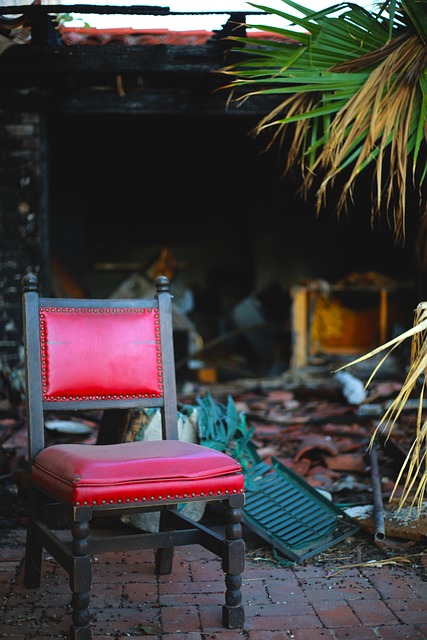
In Chicago, the sale of fire-damaged homes is regulated to ensure safety and transparency for prospective buyers. While repairing and rehabilitating such properties is permitted, specific guidelines govern the process. The first step involves obtaining a certificate of compliance from a building inspector, confirming that the home meets all necessary safety standards after repairs are made. This includes structural integrity, electrical systems, plumbing, and any other damage related to the fire.
The permitted activities when selling fire-damaged homes in Chicago include renovation, reconstruction, or abatement work conducted by licensed professionals. Sellers must provide detailed records of these processes, ensuring that all repairs adhere to local building codes. This transparency allows buyers to make informed decisions, knowing exactly what has been done to the property and its current state. Additionally, disclosing fire damage history encourages responsible buying practices, benefiting both the community and potential residents.
Who Enforces Chicago's Housing Standards?
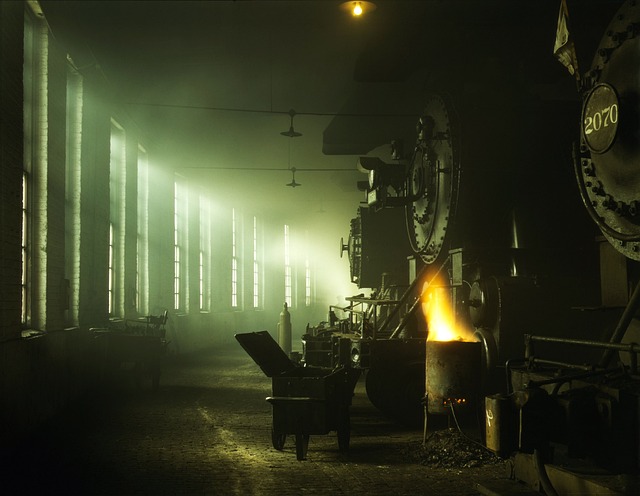
In Chicago, adherence to housing standards and regulations is enforced by a joint effort between several agencies. The primary bodies involved include the Department of Building and Engineering (DBE), responsible for ensuring all construction, renovation, and rehabilitation projects comply with city codes, including those related to safety and accessibility. For selling fire-damaged homes in Chicago, these regulations play a crucial role in protecting potential buyers by establishing guidelines for repairing and restoring properties to a safe living condition.
Additionally, the Chicago Fire Department (CFD) contributes significantly to housing enforcement, particularly concerning fire safety. The CFD conducts inspections to verify that buildings meet required fire protection standards, ensuring the well-being of residents. This is especially critical when dealing with fire-damaged homes, where repairs must address any structural weaknesses or hazards that could pose a risk during future fires.
Common Challenges in Navigating Repair and Resale
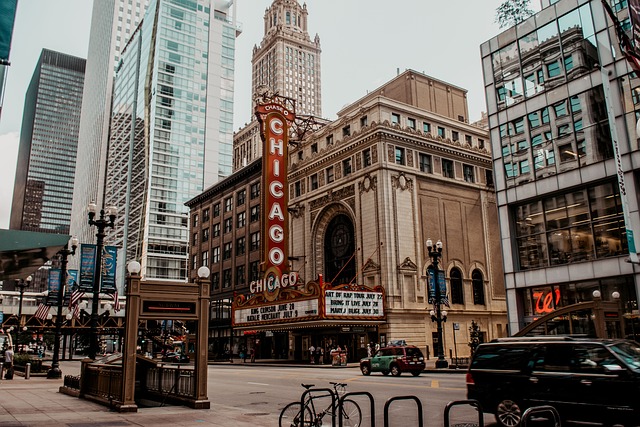
Navigating the repair and resale process in Chicago, especially when dealing with fire-damaged properties, presents several challenges for homeowners. One of the primary hurdles is understanding the extent of damage and the associated costs, which can often be significant. Fire damage may leave hidden remnants that require meticulous inspection and assessment, ensuring every aspect of the property is safe and repairable. This process involves engaging professionals like structural engineers and fire restoration specialists to provide accurate estimates.
Selling fire-damaged homes in Chicago also requires a strategic marketing approach. While some buyers might be attracted to potential renovation opportunities, others may be deterred by the perceived costs and hassle. It’s crucial to highlight the benefits of buying such properties, such as favorable market values in certain areas and the chance to create a unique living space. Effective communication about the repair process and potential incentives or grants available for rehabilitation can attract discerning buyers who appreciate the challenge of transforming these homes.
Resources for Homeowners: Getting Help with Chicago Housing Regulations
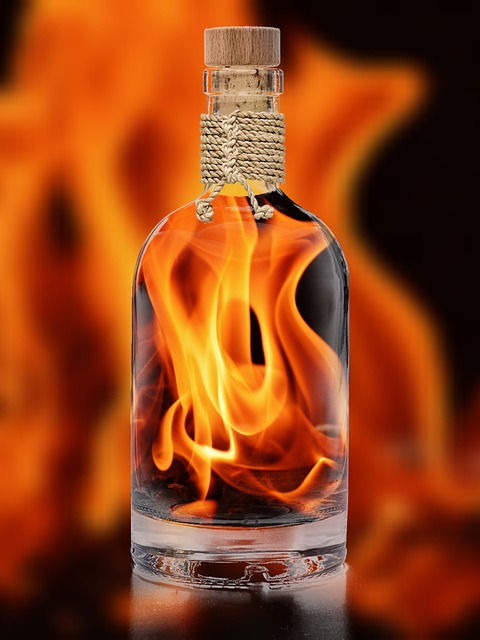
Chicago housing regulations can be complex, especially for homeowners navigating the process of selling fire-damaged properties. Fortunately, there are numerous resources available to help guide and support owners through this challenging time. The City of Chicago offers a dedicated webpage with essential information regarding repairing and selling homes affected by fires, providing a comprehensive checklist and step-by-step instructions.
Additionally, local non-profit organizations and community groups play a vital role in assisting homeowners. These entities often provide financial aid, legal advice, and educational workshops tailored to fire-damaged property owners. For instance, the Chicago Community Trust funds various programs that support housing rehabilitation and offer grants for those looking to rebuild or sell their homes after a fire. They also connect owners with trusted contractors and professionals who specialize in fire damage restoration, making the process more manageable.
Chicago’s housing regulations, particularly regarding fire-damaged properties, are designed to ensure safety and fair practices in the real estate market. Understanding these regulations, from property enforcement to common challenges, is crucial for homeowners looking to sell fire-damaged homes in Chicago. By being informed about legal perspectives, permitted activities, and available resources, sellers can navigate the process smoothly while adhering to local standards, ultimately fostering a transparent and secure housing landscape for all.

